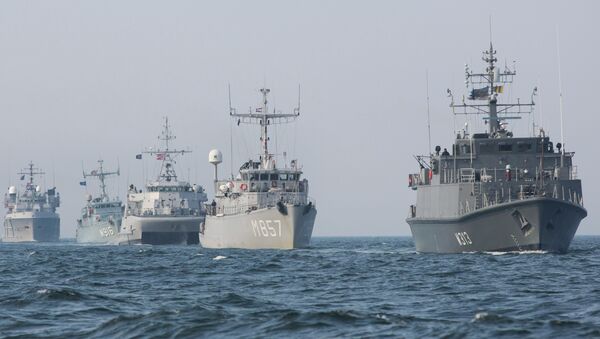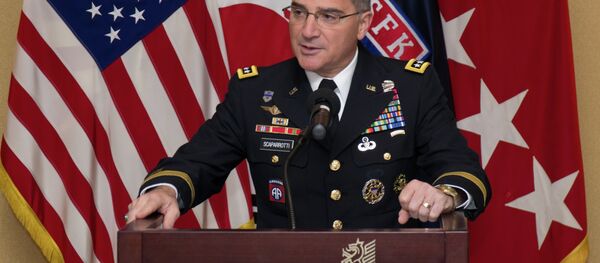The bloc's plan to increase its military presence close to Russia's borders is "aimed at showing Putin who's really in charge in the former Soviet Union's sphere of influence," the analyst observed. NATO officials are hoping that "the Russian leader will respond in kind," he explained, adding that Putin is "too smart" to do that.
This measure, if introduced, will come at a time when NATO is building up its forces in Europe, particularly around Russia. For instance, in 2014 the alliance created a 5,000-strong Very High Readiness Joint Task Force (VJTF) to enhance the existing NATO Response Force (NRF) manned by 40,000 people.
Although, Washington's relations with Moscow have deteriorated to levels unseen since the end of the Cold War, "there really is no reason why that should be so," Raimondo noted. Both countries, he insisted, have shared strategic interests, particularly when it comes to tackling international terrorism.
Raimondo urged Washington to adopt a new foreign policy. This revised strategy should extend "the hand of friendship to Russia, [cut] off our free-riding European 'allies' who refuse to pay their fair share of NATO's costs, and [put] American interests first."
The analyst also maintains that "Turkey must be reined in, and given an ultimatum: stop supporting terrorism in Syria, lay off the Russians, and give up dreams of a 'Greater Turkey' that endanger the peace and do nothing to help ordinary Turks live a decent life."


